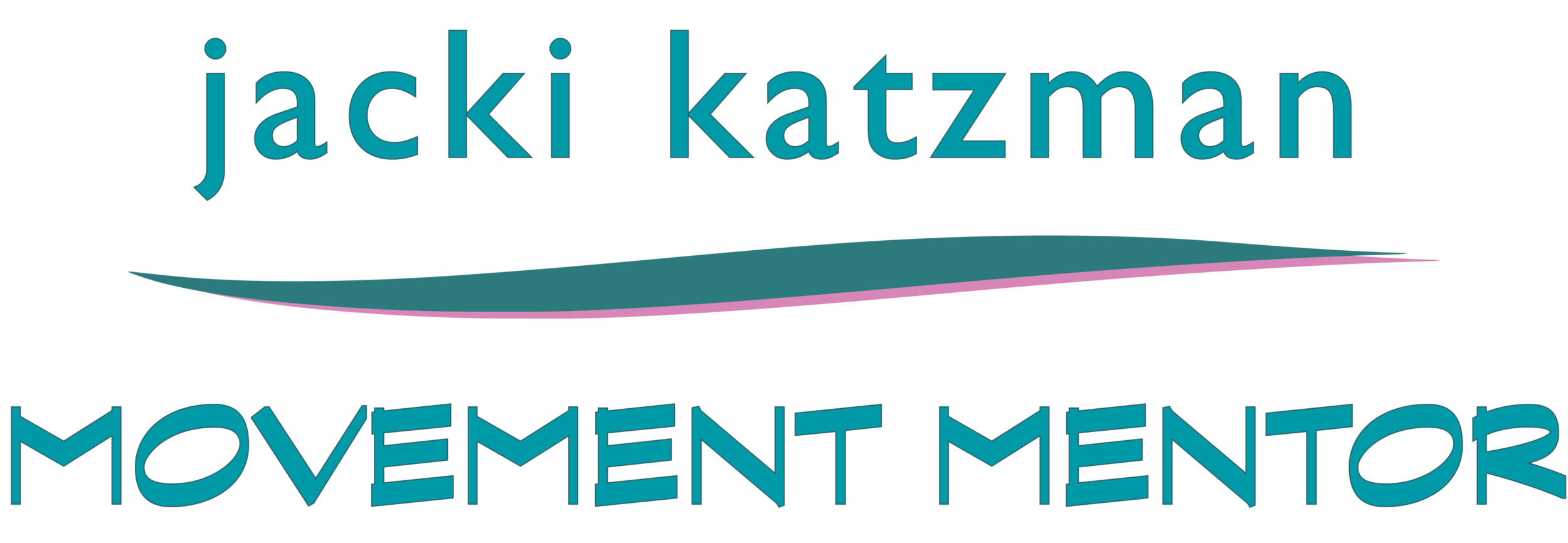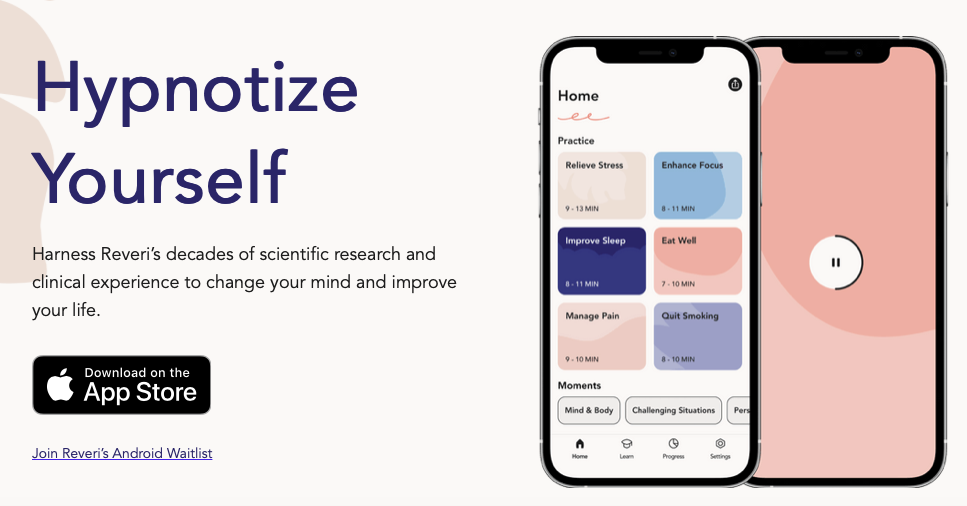Hypnosis and Neuroplasticity - A Huberman Lab Podcast recap
Self Hypnosis as a Doorway to Learning and Self Healing
A recap of the Huberman Lab Discussion of Hypnotherapy
In Episode 60 or “The Huberman Lab Podcast: (also available on YouTube), Dr. Huberman and Dr. David Spiegel discuss using hypnosis to enhance mental & physical health & performance. Moshe Feldenkrais had an early fascination with hypnosis, which correlates with his ahead-of-his-time understanding of neuroplasticity. Science continues to catch up with Dr. Feldenkrais.
Dr. David Spiegel MD, Associate Chair of Psychiatry & Behavioral Sciences, Director of the Center on Stress and Health and Director of the Center for Integrative Medicine at Stanford University School of Medicine, has 40+ years of clinical psychiatric experience. His dad was also a leader in the early years of clinical hypnosis.
The podcast discussion examines the role of clinical hypnosis for the treatment of trauma, chronic pain, anxiety, overcoming obstacles, grief and more. They go into how breathing, vision and directed mental focus can modulate internal states and enhance performance. And Dr. Spiegel teaches how hypnosis works at the neural circuit level to enhance cognitive flexibility.
Our unconscious mind has a much stronger effect over experiences, behavior and body than we might realize. Hypnotherapy harnesses the power of mind to change thought patterns that affect how we experience the world.
Dr. Spiegel defines self-hypnosis “as a powerful way to experience the benefits of the hypnotic state without needing another person to be present. Self-hypnosis,” he adds “can be practiced anywhere at any time, providing the fastest, most convenient way to experience the benefits of hypnosis.”
Dr, David Spiegel, source: reveri.com
The podcast runs almost 2 hours. Andrew Huberman and Dr. Spiegel hold an easy conversation that is both professional and accessible. If you don’t have time to listen to the entire session, the Podcast Notes offer a concise, readable content summary. Here are a few key points of most interest to Feldenkrais students:
Hypnosis: a state of highly focused attention, like looking through a camera lens; it involves a narrowing of context and a loss of self
Stage hypnosis: what we stereotypically think of – someone performing with a pen or hypnotic tool trying to alter the state and actions of others for entertainment, basically making fools of people
Clinical hypnosis: enhances control of mind and body by inducing cognitive flexibility and allowing you to shift set easily and change the way you evaluate events
Rates of hypnotizability: about 1/3 of adults are not hypnotizable, 2/3 are hypnotizable – with about 15% extremely hypnotizable. People are overly controlling and busier evaluating than experiencing are more difficult to hypnotize
People who are able to differentiate their eyes from eyelids are typically abler to self hypnotize; the test is to look upwards with eyes open, then close the eyelids. If eyes roll back and you see the whites of your eyes, you’re highly hypnotizable
Dr. Spiegel tried to get the medical establishment to recognize the benefits of hypnosis in surgical, therapeutic and grief counseling contexts. The medical hierarchy, including the pharmaceutical companies, blocked him. He has created this app, Reveri.com, to bring self-hypnosis skills to everyone. 7 day free trial. then $15/mo. Could be a game changer for people with chronic pain, trauma, in cancer treatment, and other clinical conditions.
Dr. Spiegel offers additional resources on hypnosis on his web site Reveri.com. There is a helpful diagram explaining how three different parts of the brain, the “Executive Control Network.” “The Salient Control Network,” and “The Default Network” interact in the hypnotic state to enable more focused state, less distracted by anxious or intruding thoughts. (This is also true in many ways in the ‘creative’ brain state.)
In contrast to meditation, he says, “Hypnosis and meditation are related but not the same. Hypnosis involves highly focused attention that can be mobilized to problem-solve by attending to novel aspects of an experience and putting aside more troublesome ones.”
The Feldenkrais Method® and Awareness Through Movement® offer those who are tuned for it access to a state similar to hypnosis. We are highly focused on problem-solving the question of how to move with greater ease through the exploration of novel movement experiences. We focus on what works and build on that. We Feldenkrais students often dissociate the movement of our eyes from habitual body movements. So, are Feldenkrais students self-selected people who are hypnotizable or does the practice open students up to the hypnotic, neuroplastic state?



